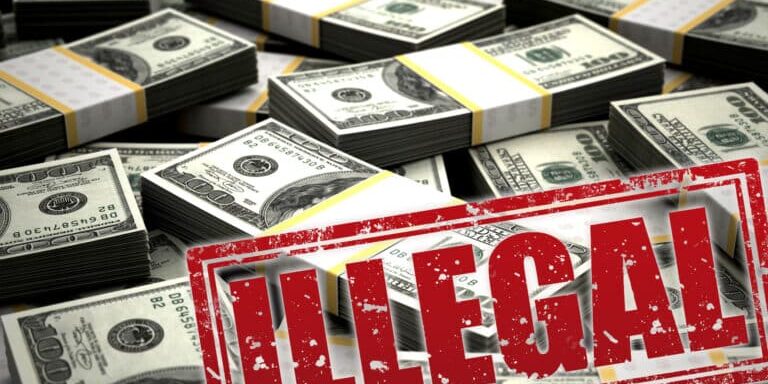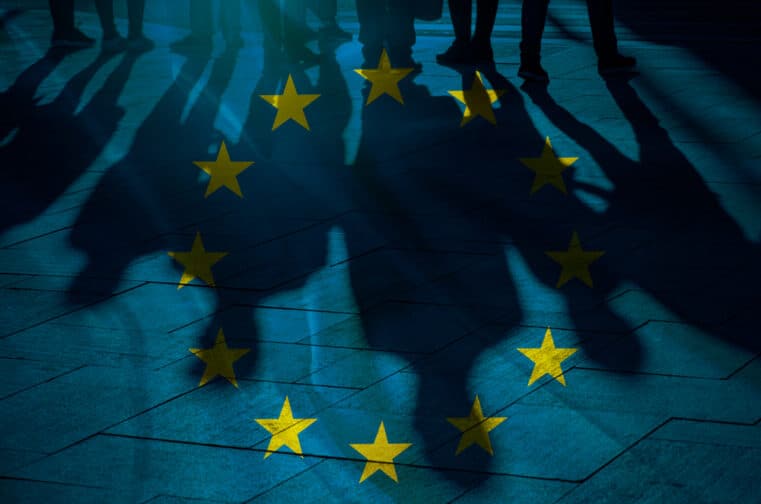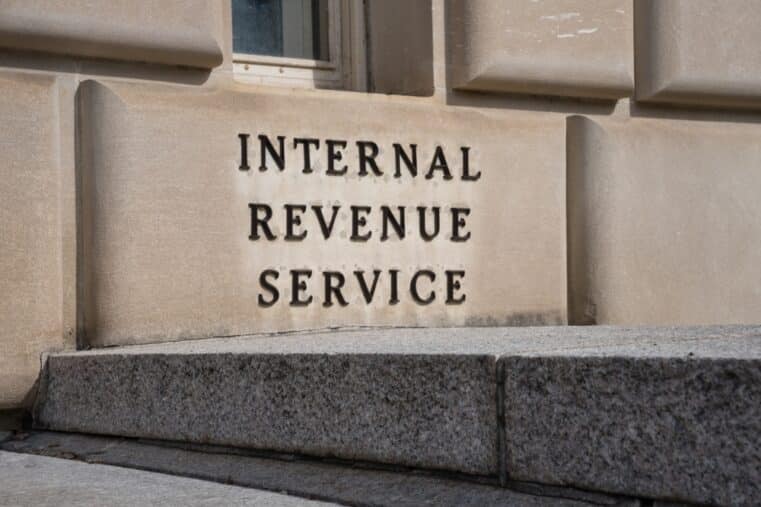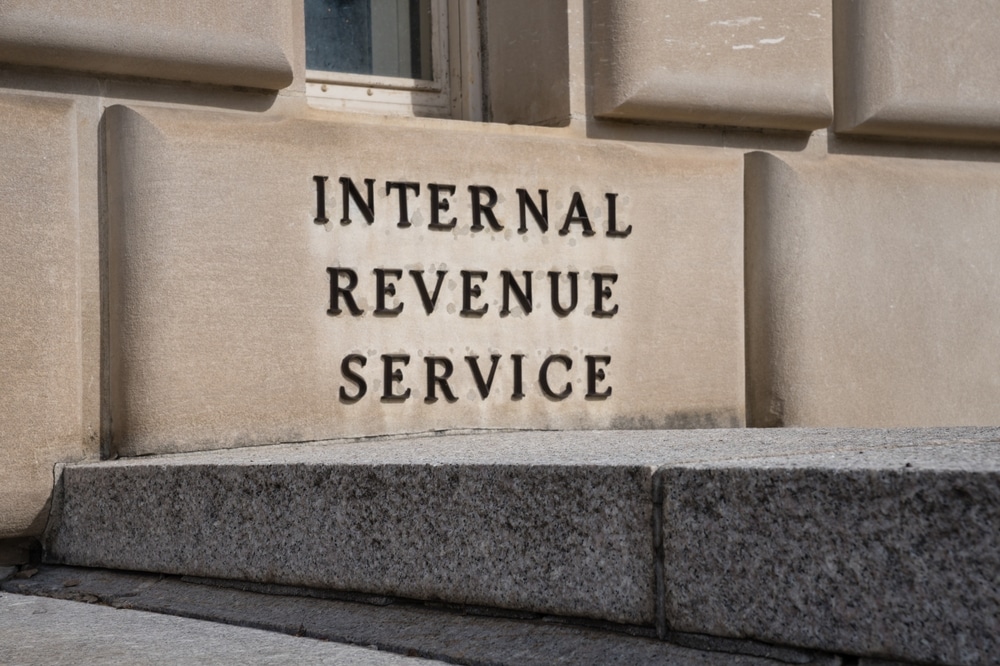
US Gov't Cash Grab: Senate Bill S.1241
If you transport $10,000 or more, or if you transport a blank check from a bank account holding $10,000 in funds, then you run the risk of being designated a potential criminal!
Ok, chances are that you’re not a criminal. Maybe you just want to keep your cash out of the corrupt banking system, or maybe you plan on writing a check for any amount, but happen to have an account with around 10K in it...and crossed a border. Government has tagged such actions as potential criminal behavior. So if you are caught doing any of those actions, regardless of whether or not you have done anything illegal, you are now considered, by default, a potential criminal and face asset forfeiture and up to 10 years imprisonment.
To be designated as a criminal without having committed a crime.
Who is government to say that a few simple actions--minus any illegal ones--now constitute an “illegal” action? Similar to the War of Drugs (that hardly made a dent) and the Patriot Act (that messed with more innocent citizens than it did actual terrorists), this is yet another imbecilic raid on American freedom that benefits government at the expense of Americans who want to exercise their monetary freedoms outside of the banking system.
In May 25, a new piece of legislation (Senate Bill S.1241) with the noble sounding title “Combating Money Laundering, Terrorist Financing, and Counterfeiting Act of 2017” was introduced on the US Senate floor.
The content’s implicit message is more far reaching and far more menacing than its explicit message: cash and the handling of it is to be absolutely controlled and monitored under the threat of Civil Asset Forfeiture.
Civil Asset Forfeiture allows government to take anything they want from you...without trial...and without due process.
So if you refuse to participate in the banking system by stashing loads of cash, and if you so happen to transport $10,000 worth of monetary instruments, then you run the risk of having your assets forfeited unless you fill out a form to provide details on your financial holdings and transport activities. So much for the right to hold private monetary assets.
This bill goes even further, placing cryptocurrencies under forfeiture threat.
Unlike physical “cash” bitcoins and cryptocurrencies technically “travel” with you wherever you go. So if you hold $10,000 worth of digital money, whenever you cross the border into our out of the US, you have to fill out a form to declare your holdings or face penalization.
Although bitcoin and other cryptocurrencies are explicitly stated as instruments that can be forfeited, such a task may be difficult as there’s no direct technological solution that can achieve this. Nevertheless, holders of cryptocurrency are required to report their holdings when importing or exporting these instruments or risk severe penalties.
The expansion of law to include bitcoin and other cryptocurrencies reveals the imbecilic grasp that lawmakers have on the digital currency world!
There is no “issuer” of bitcoin or other cryptocurrencies. There is no “chairman” controlling any particular digital currency. Essentially, government is trying to impose a conventional monetary model onto a reality that it can not match. It’s as if the Senate were trying to tell a “software” or a technological process that it has to comply to money laundering regulations or else.
The sheer stupidity of this matter is that government cannot even recognize that their “morally-based” model of reality doesn’t match the “morally-indifferent” reality of digital processes. Is it possible that all of these bureaucratic minds have come up with an idea so shortsighted and unintelligent that it may even be considered brilliant in a comical sense?
Does this bill keep us safe, or is it yet another extension of government control under the guise of public safety? Will it bring existing forms of money under the strict regulation and control of a competent government that can, or is willing to, maintain the transactional freedom, privacy, and sound values to which people, as free individuals, have a right?
Or is government once again overstepping its bounds and infringing on the rights of everyday Americans?












